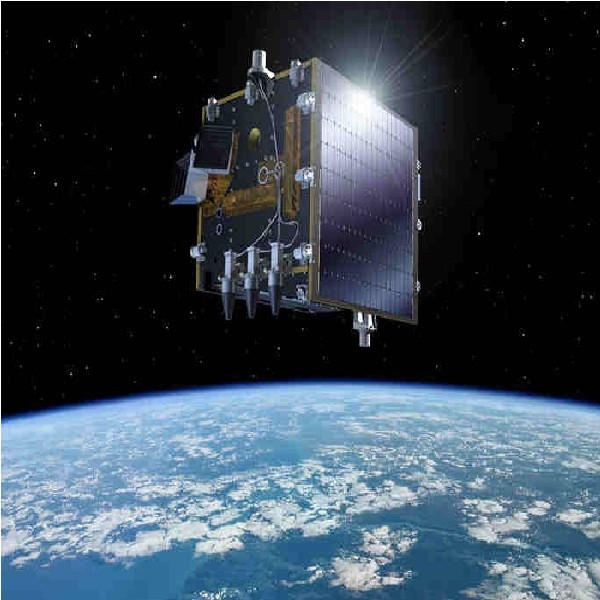A high-speed space camera usually used in monitor vegetation on Earth is being developed for its possible use in medicine and health related field. The Proba-V's digital infrared sensor can used to detect changes in skin cells of human beings thus helping doctors to diagnose possible skin related diseases.
Due to its extremely helpful features, the Proba-V is already considered for several non-space applications. Some experts say that the space censor can be mounted on a medical scanner in order to examine deeper components of human tissue in order to detect diseases before it spreads into the body.
The Proba-V provides new maps on a daily basis that helps in monitoring South American rainforest and can provide farmers in Africa an accurate prediction of the total crop yield, according to Space Daily.
Xenics's Koen van der Zanden said that "The high-speed resolution of our 'line-scan' cameras makes them ideal for detecting hidden defects on fast-moving production lines, such as manufacturing or sorting different types of plastics for recycling - all which look similar to the human eye."
Aside from medical application the Proba-V can also be used to improve solar cell production and has significantly helped in detecting sub-standard items on a production line. The Proba-V's camera has a very unique and wide field of view which allows it to create a new picture of the entire planets flora in just a couple of days. The technology was developed by the Belgian company Xenics for ESA and the camera can see light invisible to the human eye by looking in the shortwave infrared range according to Scientific Computing.



























